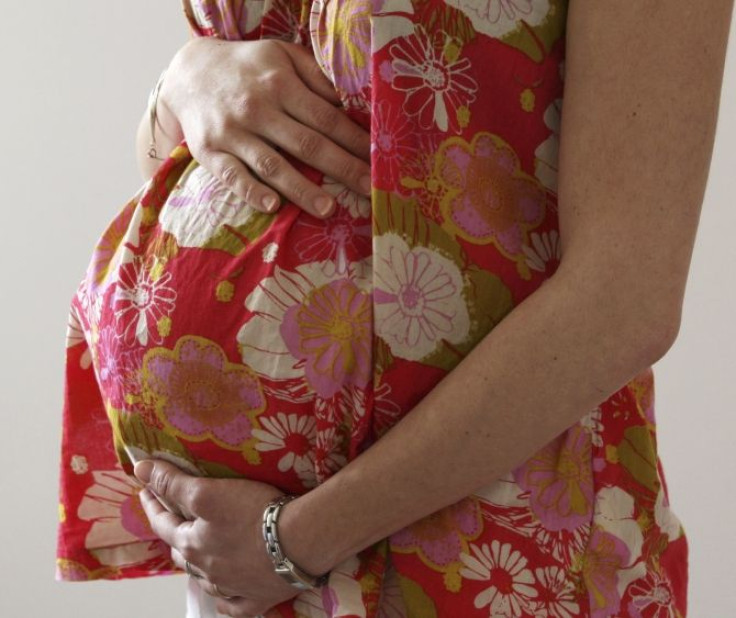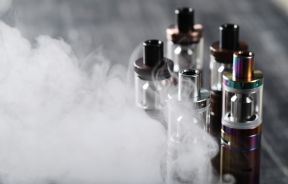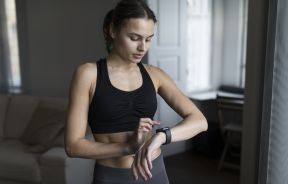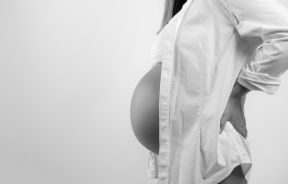Fertility Awareness Gap in Women

Women wishing to get pregnant time their sexual activity when they believe they're most fertile. However, many aren't able to calculate the proper days, a new survey found.
According to research team from Montash University, some 13 percent of the women taking part in the survey didn't know when they were most fertile and most likely to get pregnant.
"This study found a majority of the women seeking fertility treatment had insufficient knowledge of when to time intercourse to optimize natural conception," said Kerry Hampton, from Monash University's Department of General Practice.
The survey included more than 200 women who were seeking to get fertility assistance to achieve pregnancy at two Assisted Reproductive Technology (ART) clinics in Melbourne.
"It would appear that a gap exists between what women desire in relation to fertility-awareness education with the knowledge and understanding of health professionals and what they actually know," Hampton said.
The study also found that about 68 percent of the women believed that they had sex during days when they were more likely to get pregnant before seeking professional help. About 80 percent of women tried to improve their knowledge about fertility when they were experiencing problems in conceiving naturally.
Researchers feel that an intercourse in the most fertile days will, in some cases, reduce the need to get fertility treatments.
"Accurately timed intercourse on fertile days of the menstrual cycle may reduce the time it takes a couple to get pregnant, helping some to avoid unnecessary ART treatment," Hampton said.
Ovulation begins 14 days after the period starts. The best time to conceive is just three days before and including ovulation, the press release says.
"Fertility education should be a fundamental part of pre-conception care, and the primary care of couples when they first report difficulty conceiving," Hampton said.
The study is published in the International Journal of Advanced Nursing.



























